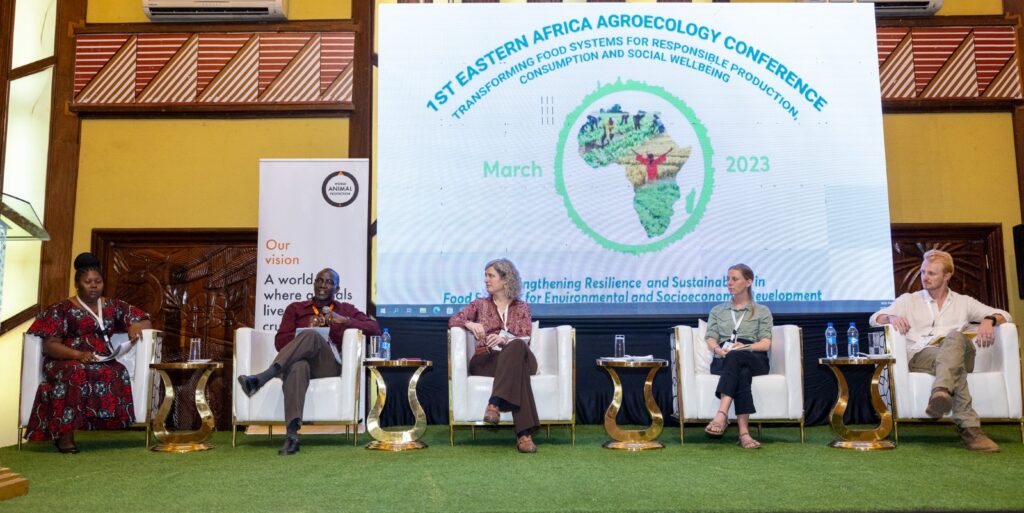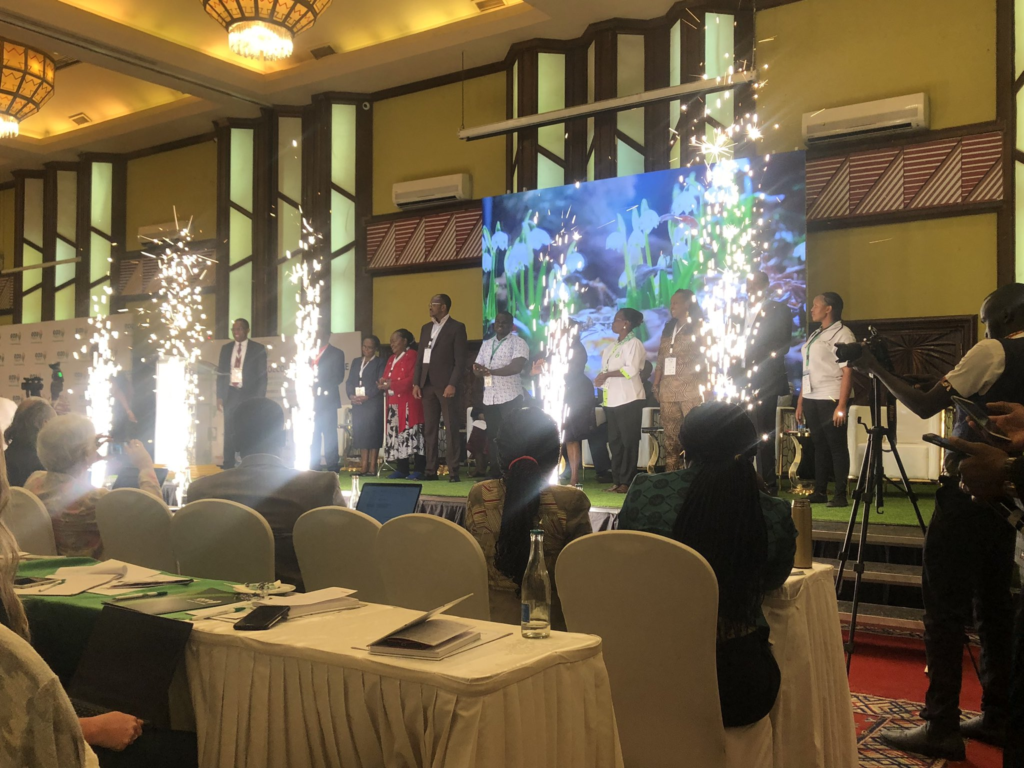Adoption of Safe Farming Methods and Seeds Crucial for Continuous Supply of Food

By Kelvin Majangah
Adopting safe farming methods and utilizing traditional farmer-owned seeds can definitely play a crucial role in improving food security in the country. These methods can help increase agricultural productivity and ensure that food is available throughout the year.
Moreover, it is essential to encourage and support small-scale farmers who form a significant part of the agricultural sector in Kenya.
This can be achieved through initiatives such as providing training on sustainable farming practices, providing access to credit facilities, and offering market linkages for their produce.
In addition to these measures, there is a need to address the underlying factors that contribute to food insecurity, such as poverty, climate change, and conflict. By tackling these issues, we can create an enabling environment that supports sustainable agriculture and ensures that everyone has access to sufficient and nutritious food.

Overall, addressing food insecurity in Kenya requires a multifaceted approach that involves various stakeholders, including the government, civil society organizations, the private sector, and local communities.
Speaking during the launch of the first ever Eastern Africa Agroecology Conference at Nairobi Safari Park Hotel, Dr David Amudavi, Executive Director of the Biovision Africa Trust decried the dire cases of starvation facing millions of Kenyans against the backdrop of large untapped agricultural resources.
“It’s a crushing disappointment that we have people sleeping hungry in Kenya and only less than a quarter of our land being put under productive use,” says Dr Amudavi.
He noted that the adoption of safe farming methods and use of farmer-owned seeds that were traditionally used in the country is the only way to ensure that we can have a continuous supply of food for the population.

‘We have witnessed even our rivers drying in areas like Baringo yet they would be flowing with fresh water’ says Dr Amudavi.
The conference, scheduled for March 21-24 was aimed to invoke consciousness and motivate regional and continental communities to dialogue on how to invest in interventions that can ameliorate the negative impacts of the current unsustainable food systems by transitioning towards more environmentally friendly solutions with long-term vision and planning.
Ms Grace Mugo, from the Ministry of Agriculture, noted that there is an urgent need to scale up and ensure the sustainability of farming systems based on environmentally friendly technologies and methodologies.

Ms Mugo noted that the ministry was very much involved in the drive towards ensuring food security in the country and urged all players in the private and public sectors to consolidate efforts to ensure interventions towards food sustainability and adopted and put into practice.
“The Ministry is part of this because it is promoting technologies and best practices that ensure our farmers are resilient so as to improve productivity in our farms and increase food production. As you know there is prevailing hunger especially in the ASAL areas. So sustainable production systems are really to be embraced during a time like this,” she says.
Wanjiru Kamau, Organic Policy Consultant says it is important to have food systems that work not only for our foods but also for our environment.
She explains the reason we have many farmers who are hungry is because high cost of inputs and export oriented agriculture system and poor extension particularly after structural adjustment programs.
“Hunger is also an ecological crisis because there is soil degradation, soil erosion, and there is also the issue of climate change and therefore when we are looking at a food system tomorrow we must allow smallholder farmers to prosper,” she says, adding there’s need to embrace the right to food and address the issue of climate change, through agroecology.

Representatives from the African Union led Ecological Organic Agriculture Initiative led by Alex Mutungi noted that the continental body was keen on working with regional and national organisations like the Ecological Organic Agriculture entities to ensure the return to sustainable agricultural methods.
‘We are advocating for safe farming systems that are in sync with the need to slow down the pace of climate change and guarantee a food secure continent,’ noted Mr Mutungi.
Ecological Organic Agriculture EOA -I) Initiative Senior Project Manager Ms Venancia Wambua says that the conference was timely to address a raft of issues that had plagued the food production chain.
She expressed the need to have concerted efforts to address emerging issues in technologies that have proven unfriendly to the environment and unsustainable to ensure continuous food production.
The launch marked the beginning of a month long period that will be marked by discussions and plenary sessions by experts across the world in Nairobi to review food systems in the region.




